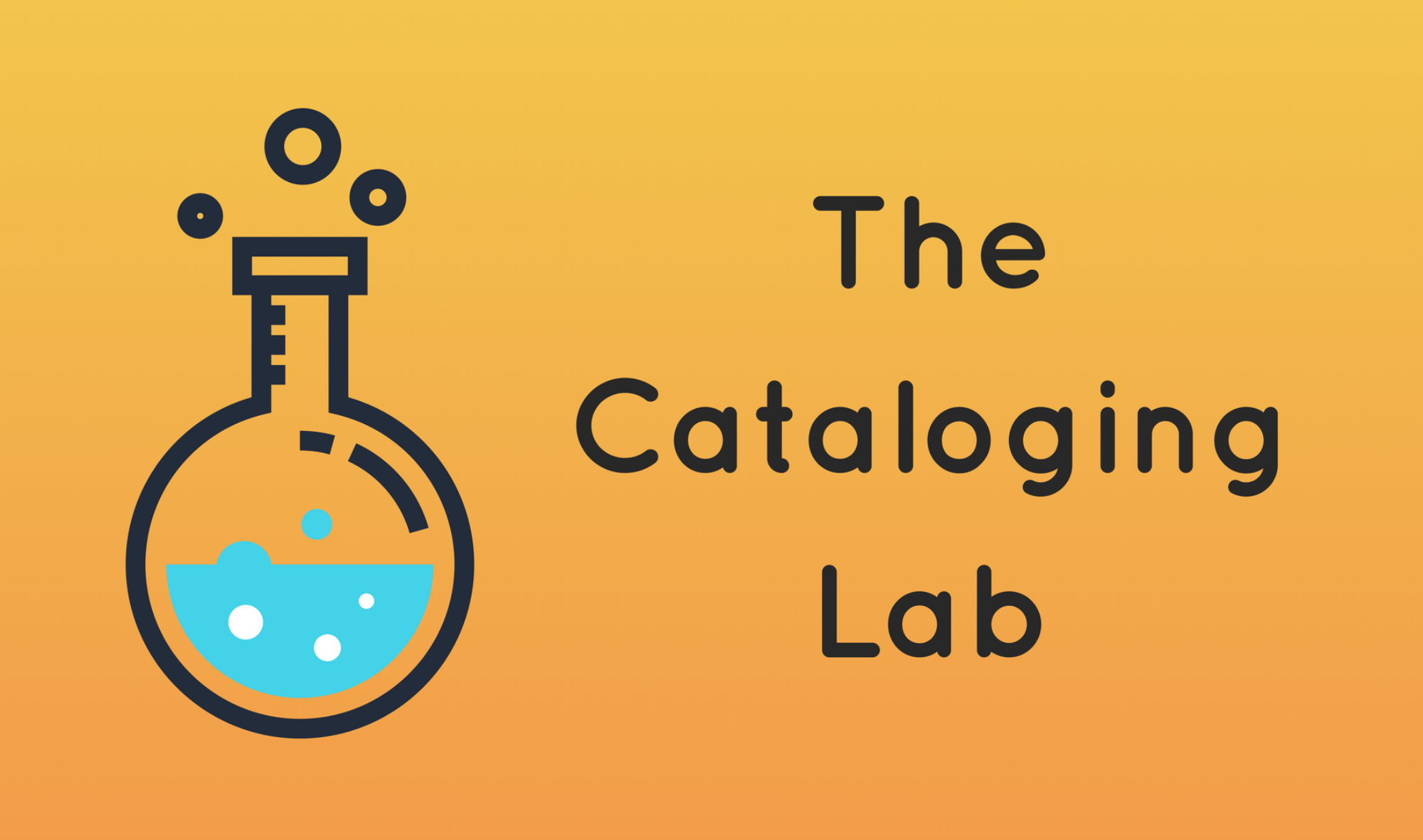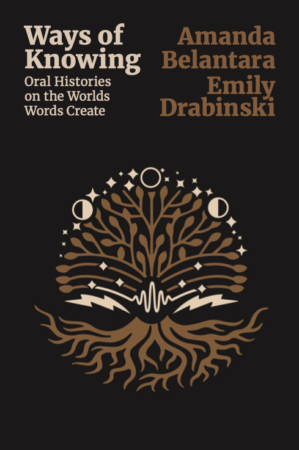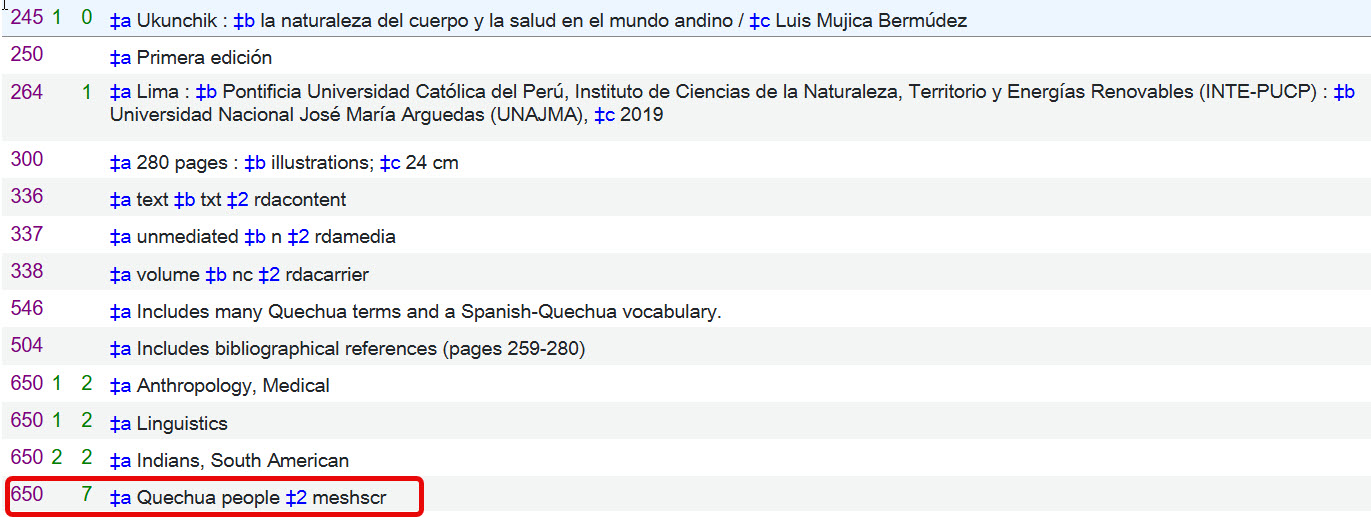Critcatenate is an effort to keep folks up to date on critcat efforts with a monthly-ish roundup of news. Critcat is short for critical cataloging, focusing on the ethical implications of library metadata, cataloging, and classification practice, standards, and infrastructure.
#critcat in May 2025:
- new book: Platform Power and Libraries, edited by Christine Smith and published by Library Juice Press. This book “dissects the power dynamics inherently embedded to platforms that library practitioners and patrons must navigate.” Highly relevant to cataloging & metadata folks thinking about the restrictions of our vendor-controlled ILS and LSP environments! Contents:
- Platform Power and Libraries / Christine F. Smith
- Challenging Digital Property Regimes in Public Libraries / Elena Rowan
- Entanglements: How Academic and Commercial Streaming Film Platforms are Reshaping Academic Libraries, Research, and Learning / lisa Hooper
- Digital Heritage after Platformisation: Double Binds at Two Legal Deposit Libraries / Kieran Hegarty
- The Closed-Loop: Academic Publication and the Data Surveillance Conundrum / Jordan S. Sly and Joseph A. Koivisto
- new draft report available for comment: Draft PCC Guiding Principles for Use of AI and Machine Learning Technologies in Cataloging and Metadata Work. Please consider giving feedback by the August 1 deadline! This is a three-page document with broad guiding principles:
- AI is a tool to increase quality and efficiency
- Human autonomy is essential
- Metadata standards and practices apply equally
- AI usage should be beneficial
- new report: PCC Task Group for Metadata Related to Indigenous Peoples of the Americas Final Report, including:
- results of a survey on library metadata related to Indigenous Peoples
- statements on Indigenous Peoples’ right to self-determination in naming and encouraging reparative descriptive practices
- list of alternative vocabularies to LCSH to describe Indigenous groups and topics (appendix D)
- new report: PCC SCS Task Group on Privacy in Name Authority Records, including:
- field-by-field best practices for whether a cataloger should provide information about people in name authority records
- example scenarios and suggested actions
- guidance in evaluating resources to use in 670 fields
- boilerplate text for responding to privacy-related requests to remove information from records.
- new blog post: Targeting Books for Removal at U.S. Military Libraries by Violet Fox at ACRLog, discussing the use of 20 subject headings such as Allyship, Gender identity, and White privilege (Social structure) to review catalogs for books with “divisive concepts” and remove them from military college libraries
- new blog post: “Queer” Before “Queer”: Language, Clubs, and Hidden Histories in the Archival Collections by Elena Abou Mrad and Elizabeth (Lizzie) Shack on the South Street Seaport Museum blog
- new post: This Library in New Zealand Is Replacing Dewey With a System Rooted in Māori Tradition by John Burns in 1000 Libraries Magazine, about the Te Ao Māori classification system [and another story about that change] Te Awe Library trials new shelving system for mātauranga Māori literature
- new blog post: Reimagine Descriptive Workflows in the UK and Ireland: An OCLC RLP Community-Informed Discussion by Merrilee Proffitt
- new paper: Tackling Embedded Bias in Resource Descriptions through User Feedback and User-Driven Metadata by Savannah Lake and Joseph Nicholson, a paper presented at ACRL 2025
- new article: LCSH, Transparency, and the Impact of Collective Action: Demystifying the Subject Heading Approval Process by Brinna Michael, published in TCB: Technical Services in Religion & Theology. “A narrative reflection on the impact of professional networking and collective action to enact change through the Library of Congress Subject Heading proposal process.” Describes the efforts of the cataloging community to encourage LC to reject the proposed revision of the LCSH Trans-exclusionary radical feminism to Gender-critical feminism, led by the SACO Gender and Sexuality Funnel
- new bibliography: Cataloging Ethics & Subject Headings, a list of 2024 articles compiled by Tim Hasin, published in TCB: Technical Services in Religion & Theology
- new webinar recording: Librarians and Social Justice: ‘Change the Subject’ panel discussion, hosted by the University of Minnesota Libraries in April 2025, speakers and topics included:
- Aiden Bettine on Homosaurus terms and LGBTQ inclusive subject headings
- Kristi Bergland and Cathy Coats on retrospectively adding accessibility information for DVDs in the libraries’ collections
- Lara Friedman-Shedlov on reparative description and addressing harmful language in archival materials
- Tina Gross on subject headings and being part of the “Change the Subject” documentary
- Natalie Holmes on cataloging Sámi materials
- Amy Riegelman on advocating for a change to the term “Blacks” in the American Psychological Association’s Thesaurus of Psychological Index Terms
- new webinar recording: all five videos from the webinar series Engaging with Critical Cataloging Past and Present, hosted by Minitex, are now available:
- Library of Congress Subject Heading Authority Work, presented by Elissah Becknell
- Voices of the Catalog: A Digital and Oral History of Hennepin County Catalogers, presented by Amy Gabbert-Montag, Charlotte Kadifa, and Jaylene Telford
- Working Together to Improve Disability and Medical Subject Headings, presented by Violet Fox
- Critical Cataloging and the American Library Association Subject Analysis Committee, presented by Tina Gross
- Reviving the Hennepin County Authority File, presented by David Lesniaski
- new-ish webinar recording: Works in Progress Webinar: Developing and Maintaining Culturally Conscious Descriptive Practices at the Rockefeller Archive Center, presented in January 2025 by Amy Berish, Katherine Martin, and Darren Young. “The webinar focuses on how Culturally Competent Description exists in the context of the Rockefeller Archive Center, how reparative description and bias consciousness has been operationalized in day-to-day processing tasks, and how we have sustained the work over the long term.”
- new tool: the Dewey 200s Optional Arrangement Conversion Tool, created by created by Mark Swenson at the Winnetka-Northfield Public Library District. This relies on the work done by Rebecca Green, former editor of the Dewey Decimal Classification, in mapping the 200s (Religion) standard classes to an optional arrangement for the Bible and specific religions
- new tiktok video: Reparative Description in Library Catalogs, discussing the Michigan State University Symposium on Reparative Description in Library Catalogs held in April 2025
The AI-whatever corner:
- new scholarly article: Investigating the Capabilities and Limitations of Machine Learning for Identifying Bias in English Language Data with Information and Heritage Professionals by Lucy Havens, Benjamin Bach, Melissa Terras, Beatrice Alex, a paper from the 2025 CHI Conference on Human Factors in Computing Systems describing machine learning efforts in remediating gendered language
- new updates: PCC FAQ: Cataloging of Resources Generated Using Artificial Intelligence (AI) Software
National Archives shenanigans alert: NARA’s Statement on Potentially Harmful Content was removed from the National Archives webpage in February 2025. The page has been archived at the Wayback Machine.
upcoming:
- Friday May 30: Decolonizing the Library Catalog presented by Karl Pettitt, sponsored by NETSL (New England Technical Services Librarians)
- Wednesday June 4: Unseen Labor Farewell Celebration, live-streamed presentation about the embroidery exhibit highlighting the invisible labor of cataloging librarians curated by Ann Kardos
- Monday June 9: Reframing Authority Control to Balance Creators’ Autonomy and Users’ Needs, webinar presented by Violet Fox and Joshua Barton for the Continuing Education and Equity and Inclusion committee of NASIG
- Monday June 23: As part of SEI, the Summer Educational Institute, Treshani Perera will be presenting on Inclusive Description and Subjects for Cultural Heritage Materials
- Friday June 26–Monday June 30: American Library Association ALA Annual Conference. Critcat-related sessions include:
- Enhancing Library Metadata for LGBTQ+ Users: A User-Centric Approach, presented by Karen Snow and Heather Moulaison-Sandy
- Reparative Metadata Assessment with MaRMAT: A New Tool for Identifying Harmful and Outdated Language, presented by Kaylee P. Alexander and Rachel Jane Wittmann (discussing the Marriott Reparative Metadata Assessment Tool)
- Assessing Metadata for Diversity, Equity, Inclusion, and Accessibility in Cultural Heritage Institutions, presented by Rachel Jane Wittmann, Kaylee P. Alexander, Anna Neatrour, Crystal Yragui
- Zine Thesaurus: An Alternative to LCSH for Radical Resources, presented by Violet Fox and Jesse Cole
- Critical Collaborations: African American Subjects and LCSH (poster session), presented by Glenda M. Alvin, Kaylin Blount, Erica A. Bruchko, Chereeka Garner, Michele Fenton (about the African American SACO Funnel)
- Creative Cataloging: Developing a Classification for the Pride Center of New Jersey (poster session), presented by Dominique Dixon, Maria Gorbunova, Emil Lawrence
- Uncovering Systemic Bias in Library of Congress Subject Headings: A Comprehensive Study on Gendered Headings (poster session), presented by Sungmin Park and Yuji Tosaka
- Thursday July 17: Metadata Justice in Oklahoma Libraries & Archives Symposium, hosted by the University of Central Oklahoma
- Thursday October 9: Arrangement & Description for Future Communities webinar and live discussion, part of the DHPSNY Dialogues series from Documentary Heritage and Preservation Services for New York


![Scan of a letter from Sandy Berman to The Policy, Training, and Cooperative Programs Division of the Library of Congress. It reads: 3-22-25 Policy, Training, and Cooperative Programs Division Library of Congress Washington, DC 20540-4305 Dear Colleagues, BRAVO! Your recent conversion of DENALI, MOUNT (ALASKA) and MEXICO, GULF OF to MCKINLEY, MOUNT (ALASKA) and AMERICA, GULF OF, respectively, as both primary and subheadings was breathtakingly thorough and detailed. You are masters of your craft. Alas, you are also willful handmaidens of chauvinism, ethnocentrism and fascism. Also: Trumpism. Many weeks ago I expressed the hope that LC would resist the temptation to implement this palpably capricious, arbitrary, and baseless name-charging. That admonition appears to have gone unheeded. Our President has no authority to wantonly replace the name for international waters that abut more countries than our own. Beyond that, the Gulf of Mexico has been so known since about the 16th Century. Its renaming, totally rejected by neighboring Mexico, smacks of arrogant linguistic imperialism. It seems the whole state of Alaska prefers the Athabascan place- name, Denali, to McKinley, a U.S. President associated with American expansion who never set foot in Alaska. The widely-unwanted name change is an affront to Alaska's indigenous population, as well as its state legislature and two Republican senators. Although LC has now fully demonstrated its lock-step deference to bigoted, unjustified authority, I hope American librarians will muster the moral and intellectual strength. to ignore its dismal example. Sorrowfully, [large, sprawling, angry signature] Sanford Berman Margaret Mann Citation Recipient Robert B. Downs Intellectual Freedom Award Recipient ALA Equality Award Recipient Herb Biblo Outstanding Leadership Award for Social Justice & Equality Recipient](https://cataloginglab.org/wp-content/uploads/2025/03/BermanLetterGulfofMexico-1.png)
